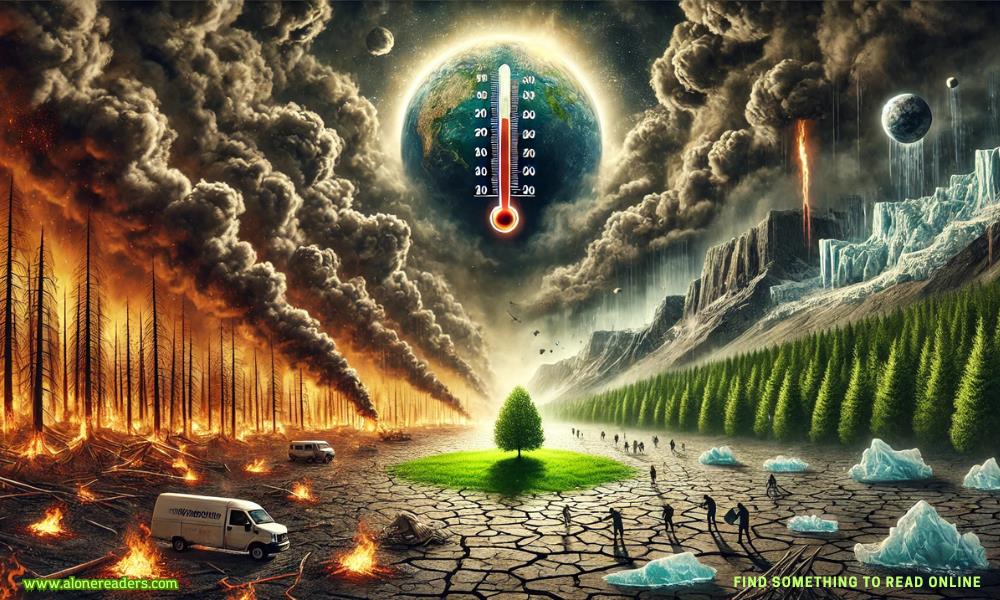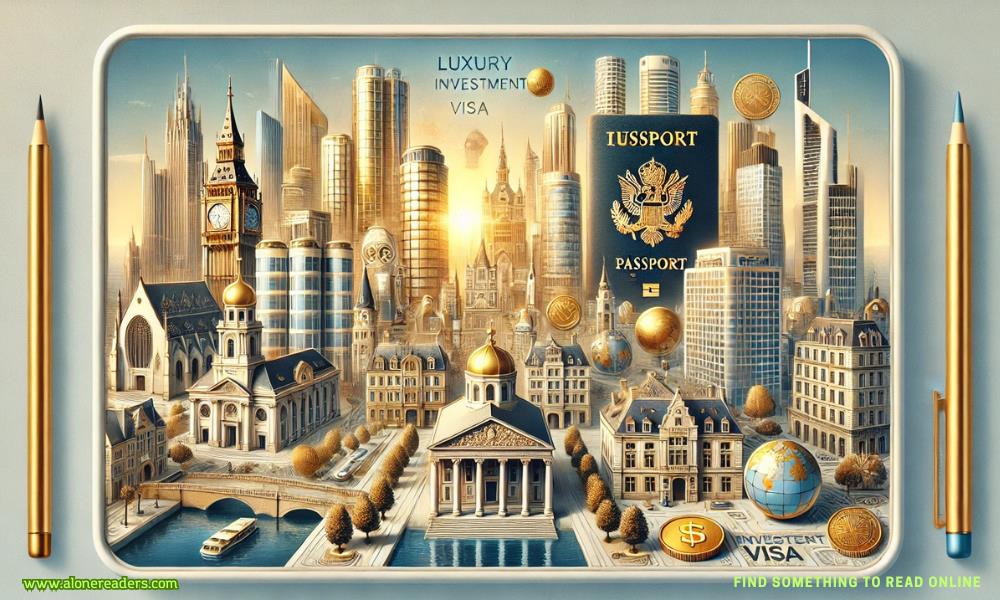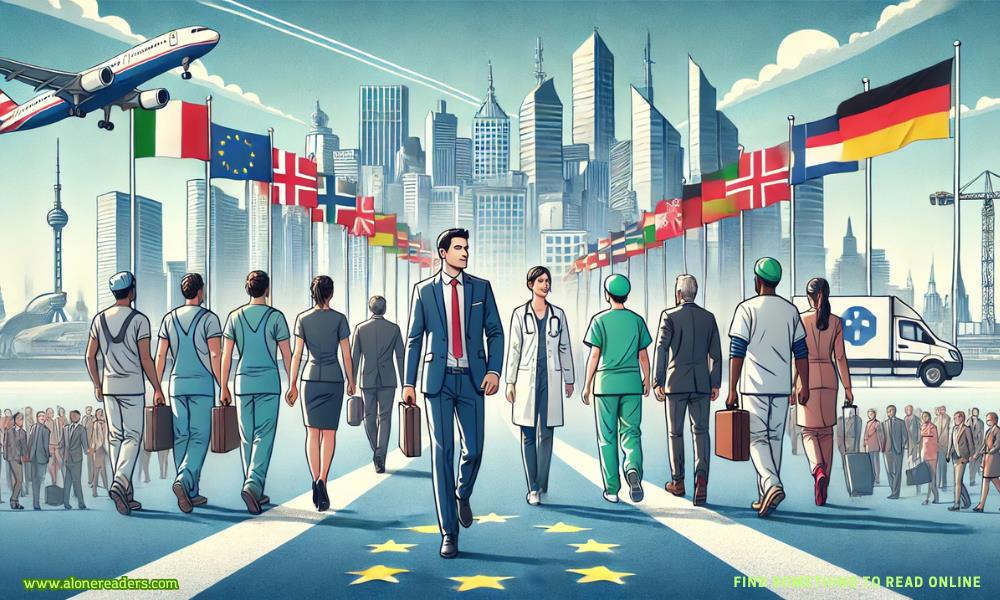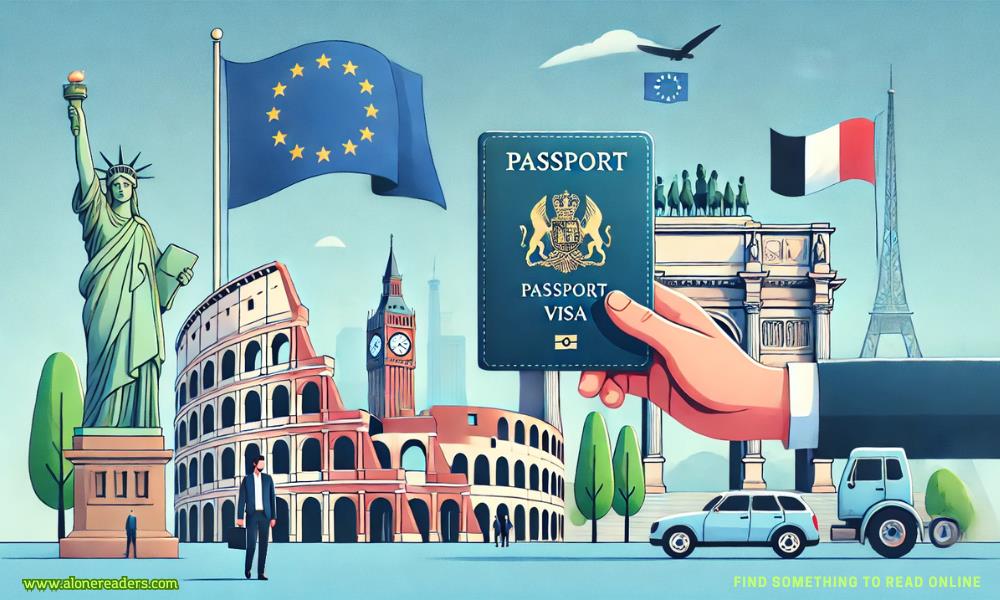Page 1 of The Island Girls
PROLOGUE
POOLE, DORSET, ENGLAND – MARCH 1941
My dearest Darrell,
If you are reading this letter, then I am so terribly sorry for your loss. But I promise you it is my loss too. As I write this, you might think nothing more of me than I’m just a girl you met in a pub: a girl you went out on a day trip with. But, for me, I want you to know that I want this to be more. I barely know you, Darrell, and so this is so strange to put into words, but at this moment, I hope to spend the rest of my life in your arms. I hope that this terrible time of war will end, and that Hitler can be stopped and driven back. I hope that peace, and sense, will prevail. I hope for a time of plenty: of food, and homes, and work for all. For a time when we can sit in the sun and enjoy life together. But, if I have my way, you will only be given this letter to read if I have lost my life before you in these dark days.
I will not have told you why I am behaving so differently at this time; why I am spending less time with you and more time with others – with one other in particular. You may even believe that I don’t love you with the same passion you do me…
…but I need you to know this, Darrell – I will love you, and only you, for all eternity, and I will see you when you get here. I will be waiting for you.
With all my love, forever,
Peggy
1
ROTTERDAM, HOLLAND – MAY 1940
The eerie calm that had settled over the Nieuwe Maas river in the last few hours was now a deathly silence. Supressing the chill that prickled his spine, Hans looked up and down the quayside for anyone who might catch hold of his mooring line. He was alone – more alone than he’d ever been in his life before – too far from the action to find a Dutch soldier and too far from the families gathering nearer the mouth of the river and preparing to flee. The dock workers had all disappeared like rats running from a sinking ship.
He brought the launch into the dockside and, holding the rope, jumped to the ancient and worn stone steps. Normally, this part of the dock would have been heaving with industry and at different times in the preceding days, there’d been activity enough, but not now. With nobody to take his line for him, Hans swiftly tied the rope to the old worn cleat himself, with the figure eight and locking half-hitch knot he could create in his sleep. The rope worked through his fingers along the pronounced calluses that a decade of boatmanship had worn into his hands. A hasty glance around the quayside showed no more signs of life. There wasn’t a dockhand or boatman to be seen or heard. Andhe wondered now, in the strange silence like the midnight hour on this mild, sunny, spring morning, if he was dreaming. Was it over already? Had Holland surrendered, and Germany taken control?
Three nights had passed since the onslaught had started – since his world had crumbled to this other thing, this existence that was no more than dust on the air. Distant gunshots, then the low hum of dozens of tanks rumbling towards Rotterdam had heralded the arrival of theWehrmacht. He’d heard on the wireless the news of the German Army invading Holland, and had gone out looking for them, filled with an inexplicable kind of dreadful thrill for the spectacle of disaster.
He had left Katrijn in bed, nursing baby Anika close to her chest.
‘Do you have to go, Hans? Isn’t it dangerous out there? Stay in here with us, where it’s safe,’ she’d said.
‘I’ll be fine, my love. I’m fast, and young,’ he’d said to his wife with a wink, kissing the sweet, soft head of his baby girl and breathing in the milky scent of her. Katrijn had pulled him back and kissed him, firmly, fully, and lusciously on the lips like she had when they’d first found each other.
At the foot of the stairs to their attic apartment, as he’d shut the door behind him, Hans had been surprised to meet Klaus, who seemed to have been waiting for him. They’d met with a firm shake of the hand and together, they’d gone in search of the soldiers and the fighting and the horrible excitement of it all on that first day of the invasion. They’d been met by a crowd of panic-stricken families coming in the opposite direction, fleeing the soldiers, evacuating their homes and clutching everything they could carry in their arms: a few items of food, a baby, a cat in a basket, a bundle of blankets. Once the two young men had pushed through the tide of humanity and into the open square,they’d been greeted with the sobering sight of the source of all the distant noise they’d been hearing.
A grey Panzer tank, formidable in size alone, even without the firepower it was wielding, had stood in the middle of the square firing at the buildings on all sides in turn. Two soldiers had walked behind the tank carrying some kind of gun that was attached to a pack they each wore on their backs. When the deafening din from the tank’s fire had ceased, the men walked forward and unleashed the dreadful power of the flamethrowers they held. The flames had roared like dragon fire and reached the full height of the buildings, setting each one alight with such incredible power and speed that the young men had ducked back around the corner for cover. They’d realised then that the exodus they’d witnessed a few moments earlier must have been the residents of these homes, warned to evacuate and then shown exactly what would happen if they remained inside.
Hans emptied his stomach into the gutter before he even realised he felt sick. His legs buckled and his head thumped as the panic released adrenaline that raced through his bloodstream.Escape, his body told him.Run away. Save yourself. In that moment, understanding the terror of the German power, Hans knew they would win. He hadn’t a shred of doubt that Europe was going to become a very large German empire. No question. Holland could never withstand this level of attack. Where the hell were any Dutch soldiers now, anyway? And what did they have to fight back with? They were too busy holding the north bank and there just weren’t enough of them to go around. If this nightmare was the way Germany invaded and took over a country, the rest of Europe didn’t stand a chance. And neither did he and his fledgling family. At this point in his life, Hans still considered himself very much aNederlander, because of his Dutch mother. But he would remember to his dying gasp this moment when he had the idea to cast off histies to the country he thought of as home and decided he would become fully German instead, taking on the heritage of his proud German father.
In the nightmare of that moment, Hans saw an image of his sweet Dutch mother, happy at home, pouring coffee for guests, feeding them sweet treats she’d baked and serving it all on the pretty blue Delft pottery she treasured. If she’d still been alive now, his choice might have been different. Perhaps he would have decided to take Katrijn and Anika, run back to Utrecht to join Mother, gather her up and take her somewhere inland – anywhere – that might offer them all safety, at least out of the city, even though he knew full well there was nowhere left to run. But she’d died some months before Anika was born and now his two girls were all he had.
In the face of this dreadful power and brute force, he now saw the German father he remembered from his childhood. Strong, intimidating, content when he was getting his own way, and not afraid to show Hans and his mother exactly who was in charge.
The image of those crowds he’d seen just minutes before reminded him of how he and his mother must have looked as they’d fled Düsseldorf by night, walking for two days until they reached the safety of the little Dutch village where they had hidden from Father. Hans and his mother had fled in terror and that’s when he became aNederlander. And now, Hans – the fully grown, strong boatman – decided he must join the force instead of running from it. He would never allow himself to be the weak prey of a tyrant again. He must become German to survive.
Klaus was no more than an acquaintance from the docks, but Hans knew him to have even stronger ties with Germany than he had himself, and as he’d talked through his plans with Klaus, he had been emboldened by the encouragement of the other man.
‘You’re right, Hans,’ he’d said with an eager nod. ‘The Germans are going to win, and they need men like us on their side. I’ve already made contact with a man I know, and there’s work for us to do. You should come with me to meet him,’ Klaus had encouraged him.
For the next two days, while Hans worked through this solution for protecting his wife and child, becoming formally German and joining the winning side, he had heard the onrushing destructive forces of the German advance, and every hour, it seemed there were fewer people around than the hour before. There was a constant haze of smoke over the city and a background noise of firearms, with the occasional Luftwaffe plane overhead dropping a bomb.
That first night back at home, when Katrijn had greeted him with relief as if he was back from the dead, he’d collected his prized identity documents, both those that showed he was Dutch and the others, indicating his right to German citizenship, and tucked the folded papers neatly into a buttoned pocket on his shirt. He’d drunk in the sight of his beautiful family, and watched Katrijn, totally lost in this love affair with their new baby daughter. He’d sat beside her on the bed and tried to phrase the thoughts in his jumbled head; the plans he thought might save them all. But he hadn’t been able to bring himself to trouble her with this nightmare from out there, instead choosing to leave her unaware and resting in the beauty of this time, treasuring every moment with her newborn.
The next morning, the second day of the invasion, he’d discovered, quite by accident, the few families at the fishing port who were planning on running away to England. In the madness and chaos of the invasion, he had taken his boat to the mouth of the river to see what was happening in other parts of the city. There were a dozen or more boats that had been stripped of their fishing gear and were being loaded with some basic supplies:drums of water, piles of blankets. On the quayside, beside the boats, families had gathered, with a few small bags. Their faces had been strangely marked by a mix of desperation and eager hope.
‘What’s going on?’ he’d called to the man on one of the boats, who seemed to be giving out instructions.
‘We’re out of here, friend. I’m taking my family to England. So is Dirk, and Pieter you see along the way. This is hopeless,’ he’d said with a nod in the direction of the clouds of smoke beginning to form over the city of Rotterdam.
‘What do you think you’ll do in England? This is your home. And don’t you realise the Germans will be there soon as well?’ Hans had asked, unable to see the sense in their flight.
- Three Corporate Kings and a Hands-Off Bride by Chloe Kent
- Better than Revenge by Jisa Dean
- Mountain Rancher by Stella Banks
- The Contract by Rebekah Sinclair
- No, You Hang Up by A.J. Merlin
- The Triple Play by Mia Mara
- His Dark Purpose by Felicity Brandon
- Echo and the Homicidal Sea Panda by Kelex
- His Forsaken Alpha by Kelex
- Pack Apollo by Brandy Slaven
- Pack Giroux by Brandy Slaven
- His Kingdom by Kylie Kent
- Heartbeats & Highways by Emma Slate
- Masked Mafia's Runaway Bride 2 by Alexis Lee
- Just Say Yes by Lena Hendrix
- This I Promise by Elyse Kelly







